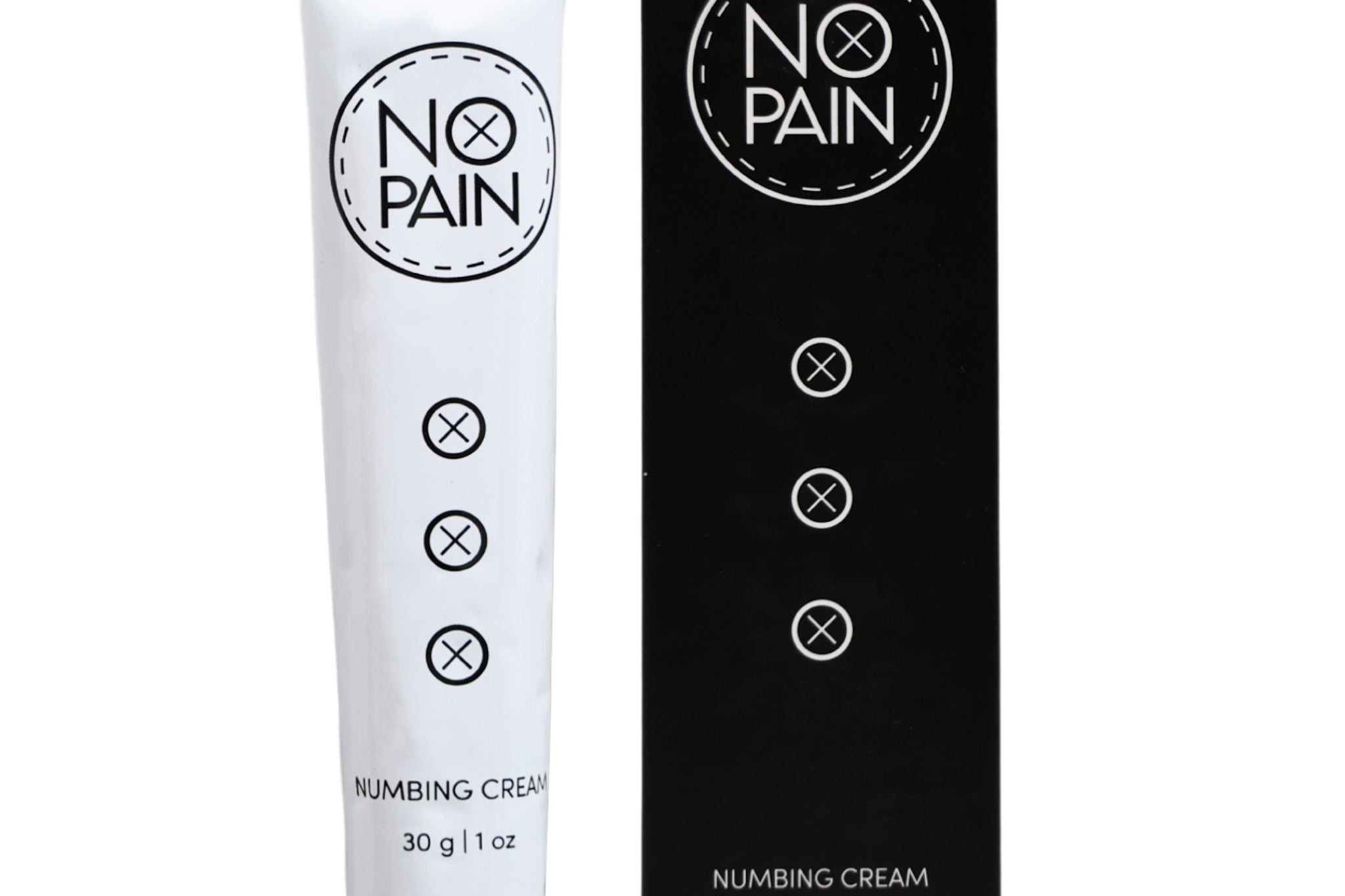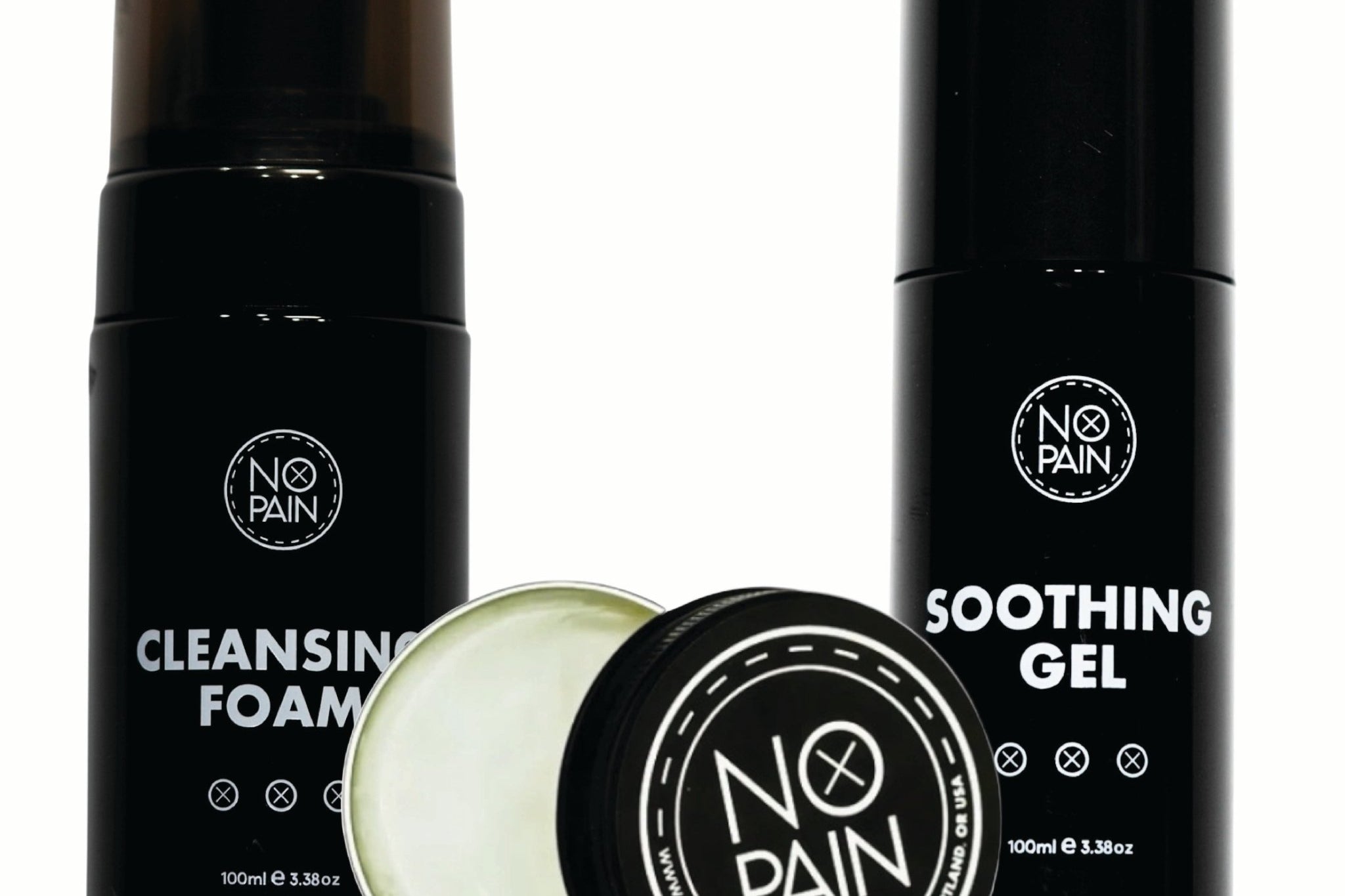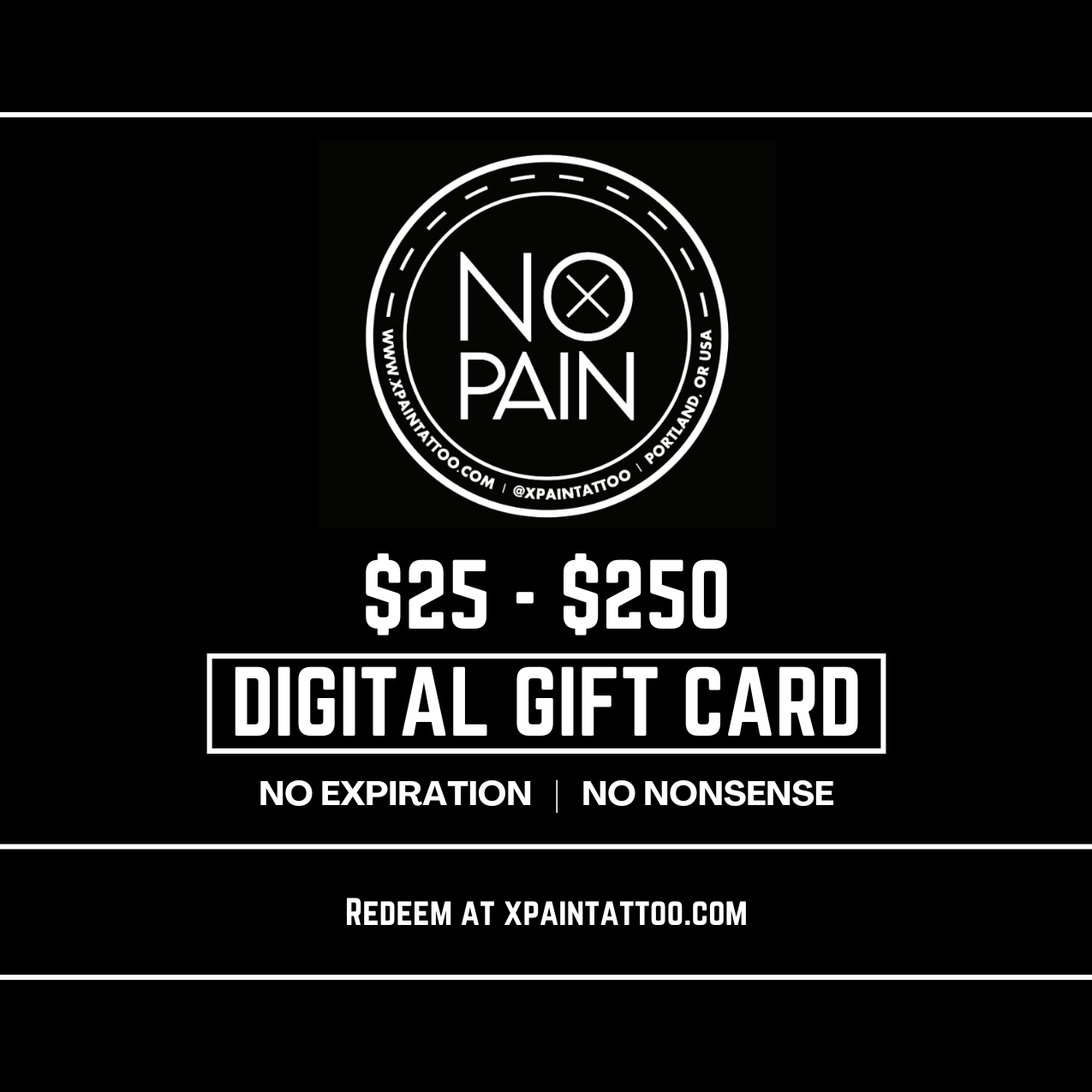Getting a tattoo is a lifelong commitment, not just to the art, but to the permanent change you're making to your body. As tattoos have become more mainstream, so have the questions about their long-term safety. It's a valid and important concern that goes beyond the initial healing: Are there any long-term health risks to tattoos?
While the immediate risks of a tattoo infection from an unsterile studio are well-known, the conversation about long-term effects is more nuanced. The great news is that for the vast majority of people, tattoos are a completely safe form of lifelong self-expression. However, there are a few potential long-term issues that are important to be aware of.
This is your guide to the known long-term health considerations of tattoos, based on current scientific understanding.
1. Delayed Allergic Reactions
This is the most common long-term complication. You can develop an allergy to a specific ink pigment months or even years after the tattoo has fully healed.
-
The Symptoms: The reaction is almost always confined to one specific color (most commonly, red ink). The area can become raised, bumpy, scaly, and intensely itchy.
-
The Cause: It's often triggered by a change in your immune system.
-
What to do: If you experience this, a visit to a dermatologist is the best course of action. They can provide topical creams to manage the inflammation.
2. Aggravation of Skin Conditions
For people with pre-existing skin conditions like eczema, psoriasis, or sarcoidosis, a tattoo can sometimes trigger a flare-up of the condition directly within the lines of the tattoo. This is known as the Koebner phenomenon and can happen years after the initial tattoo.
3. Complications with MRI Scans
This is a rare but well-documented risk.
-
The Issue: Some older tattoo inks, particularly black and red pigments, contain trace amounts of iron oxide. The powerful magnets in an MRI machine can react with these metallic particles.
-
The Sensation: In very rare cases (less than 1%), this can cause a sensation of pulling, tingling, or heating in the tattooed area during the scan. It can also, in some instances, interfere with the quality of the image if the tattoo is directly over the area being scanned.
-
The Solution: Always inform your MRI technician that you have tattoos. They are trained to handle this and can take precautions.
4. Ink Migration to Lymph Nodes
Scientific studies have shown that over a lifetime, a microscopic amount of the smallest ink particles can be carried away from the tattoo by your immune system and deposited in your lymph nodes.
-
The Effect: This can cause the lymph nodes near a heavily tattooed area to become stained with the color of the ink. While this sounds alarming, the current scientific consensus has not established a direct link between this migration and any specific disease.
The Best Defense: A Safe Start and a Healthy Lifestyle
While you can't control every aspect of how your body interacts with ink over 50 years, you can take two crucial steps to minimize all potential risks.
-
Choose a High-Quality, Professional Artist: This is the most important step. A professional artist in a licensed studio will only use modern, sterile, high-quality inks from reputable manufacturers, which are far less likely to contain the problematic heavy metals of the past.
-
Commit to Flawless Aftercare: The short-term heal sets the stage for the long-term health of your tattoo. Preventing an initial infection is the single most important thing you can do for your long-term well-being. A professional aftercare system like our No Pain Tattoo Aftercare Bundle is designed to create a sterile, healthy healing environment.
The Verdict: While there are a few known, rare long-term risks, the overwhelming evidence shows that tattoos are a safe form of body modification for most people. By starting with a professional artist and a perfect heal, you are taking the most important steps toward a safe and beautiful lifelong relationship with your art.




